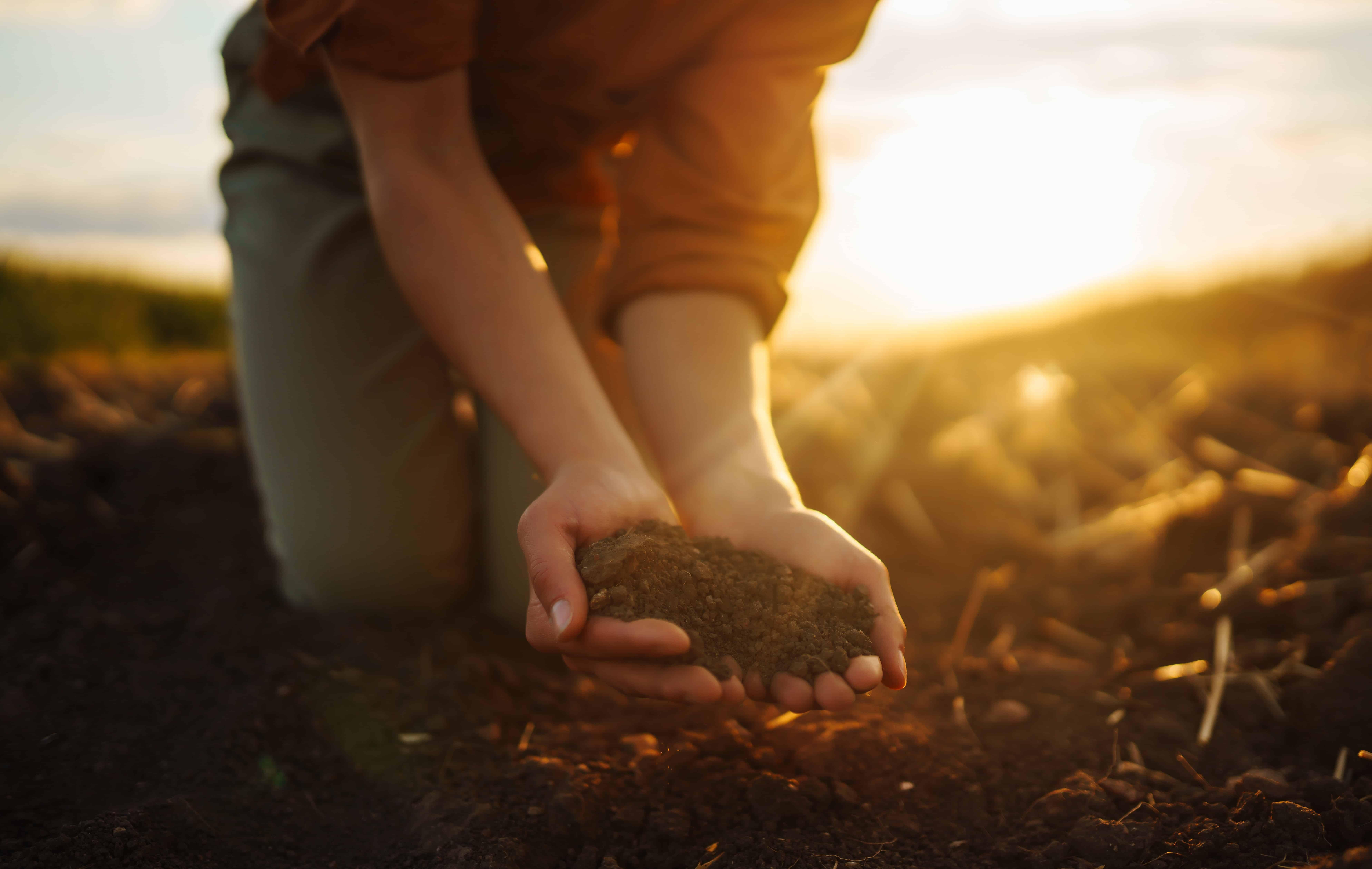Unveiling the Hidden Threat of Microplastics
Written by Jef Frooninckx

In a recent headline from De Standaard, the alarming truth emerged: approximately 35,000 tons of microplastics find their way into our oceans each year. Initially, these minuscule plastic particles navigate through our water treatment plants, only to be ingested by marine life and eventually making their way onto our plates. Every year, about 60 particles infiltrate our bloodstream and lymphatic system through this cycle. Yet, equally concerning but often overlooked is the contamination of our food via land routes.
Microplastics, nearly invisible plastic granules and flakes, stealthily bypass filtration systems, posing a threat to both humans and the environment. Found in products like toothpaste, exfoliating scrubs, and shower gels, microplastics serve as abrasive agents. Additionally, they are released when large plastic items degrade due to factors such as sunlight exposure or during the washing and drying of synthetic fabrics like nylon or polyester.
While the consequences of the ocean’s plastic soup are widely recognized, what about its impact on land? Do microplastics not pose problems there? Recent research from Wageningen University shed light on this issue, revealing that worms exposed to high levels of microplastics experience growth retardation. Moreover, these plastics infiltrate deeper into the soil through the excrement of these animals, potentially contaminating our drinking water.
The same danger applies to land, as microplastics accumulate in the soil, potentially forming an impermeable layer over time. This obstructs oxygen and water from reaching the roots, resulting in long-term infertility. Plastic bags from supermarkets, particularly those used for fruits and vegetables, contribute significantly to this issue. When disposed of in composting or anaerobic digestion systems, they fragment into microplastics, ultimately contaminating compost or digestate pellets. Unbeknownst to farmers, using these materials to nourish their fields inadvertently damages the soil.
How do we solve this microplastics problem?
Enter CompostBag® – the eco-friendly alternative to traditional plastic bags. Our biodegradable CompostBags® not only serve as fully compostable alternatives but also keep your produce fresher for longer. After use, they can be reused for kitchen waste collection, as they biodegrade entirely in the soil. With increasing global bans on plastic bags, CompostBag® emerges as a beacon of sustainability, offering a practical solution to combat microplastic pollution in our environment.
From France to Kenya and California, and now in Wallonia and Brussels, the tide is turning against plastic bags. Yet, in Flanders, they continue to proliferate, exacerbating microplastic contamination. With CompostBag®, we offer a sustainable alternative that not only reduces plastic pollution but also contributes to the preservation of our soil and water resources. Say no more to plastic pollution – join us in embracing a greener, cleaner future with CompostBag®.



